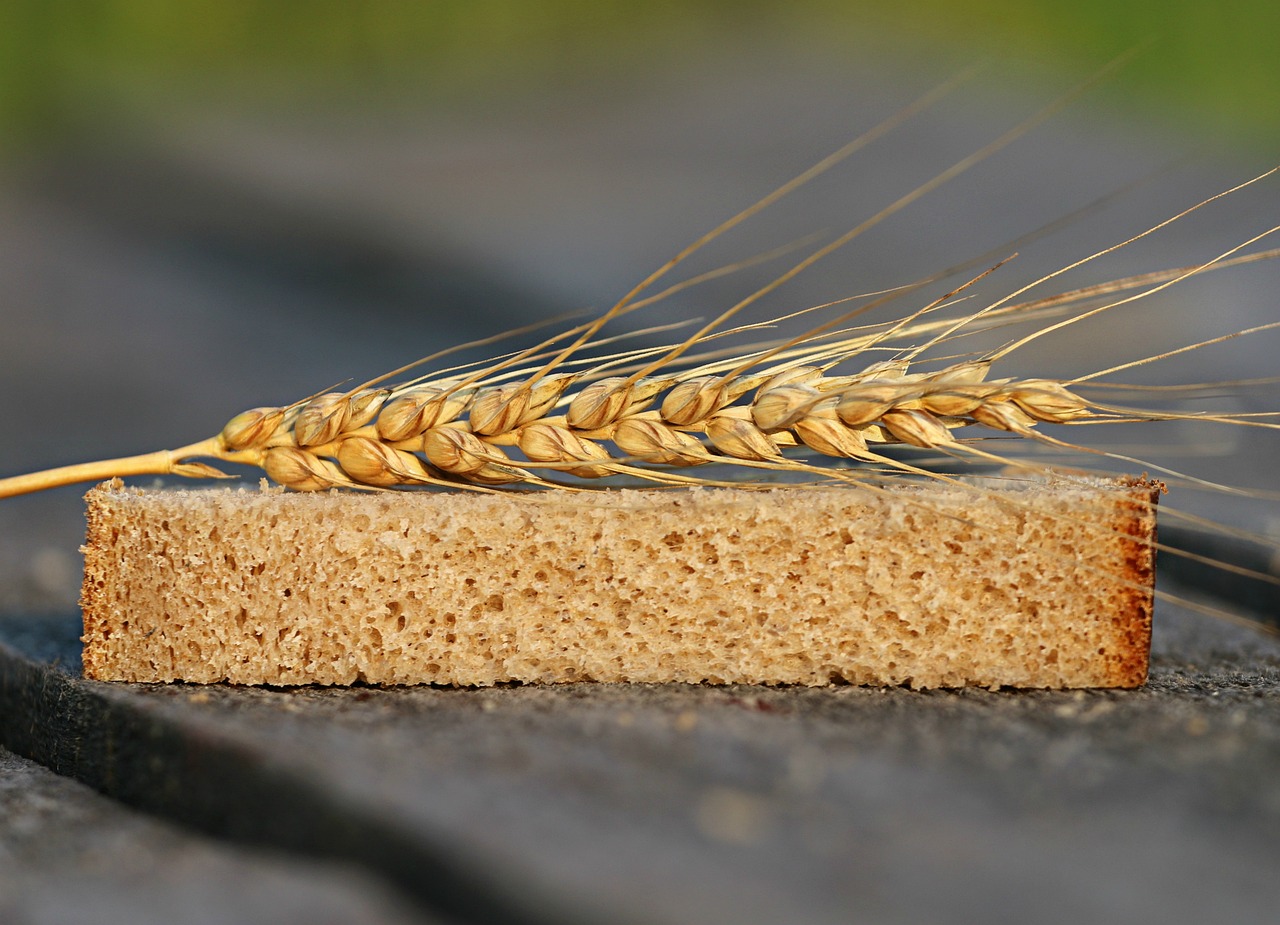Some Facts About Fiber That You May Not Know

Having fiber in an individual’s diet is absolutely essential for your health and you really need fiber in a balanced diet. This article will dispel many of the misconceptions and rumors about fiber and what it does in terms of a balanced diet. This article will attempt to dispel the various rumors and provide a range of facts about fiber that you may not have previously known.
1) All roughage, as it may be generally known, is basically a carbohydrate found in plant foods. It is commonly found in the likes of grains, nuts, vegetables and legumes and is the only foodstuff that cannot be digested. It basically travels through your whole system without being registered by the digestive tract.
2) The digestive tract is actually nearly 10 m long and the fiber can travel this whole distance, under 10 m long, without being assimilated or digested. Food takes up to 3 days to travel the entire length of the tract.
3) There are two types of fiber, insoluble and soluble fiber. Insoluble fiber speeds the passage of foods going through the stomach and the intestine and prevents constipation. Insoluble fiber is found in wheat bran, cereals, whole-wheat bread, brown rice and certain fruit and vegetables.
4) Soluble fiber on the other hand, can aid with the maintenance of bad cholesterol levels. Soluble fiber can prevent cholesterol from being reabsorbed by the body when it is excreted. Soluble fiber is found in beans and other legumes. Soluble fiber keeps the digestive system healthy and functioning.
5) For children between the ages of two and ten, take the child’s age and add the number 52 and this will give you an estimate in grams of how much fiber to include in a child’s daily diet.
6) Whole grains vary in their fiber and bran make-up, so a product advertised as “wholegrain” may not necessarily be high in fiber.
7) Fiber controls blood sugar levels, which is important in avoiding diabetes. Diabetics can often see a reduction in their blood sugar level and may even reduce their medication with adequate fiber intake.
8) Fiber helps to eliminate waste and toxins from the body. This prevents them from sitting in the bowel for too long, which could eventually lead to bowel diseases like colon cancer.
9) Fiber can help you by keeping you feeling fuller for longer, thereby reducing the need to eat more food sooner.
Now that you can see that fiber plays a key role in the workings of your whole digestive system. You can introduce it gradually by eating high-fiber cereal or porridge or whole-wheat bread for breakfast. In fact you can even introduce fibre into your daily diet by using foods that contain whole grains. Remember, if the food labels list whole-wheat, wholemeal or whole corn as one of the first ingredients on the list, the product is probably a whole-grain food item. These are just some of quick facts about fibre and how far it can help you with your diet.
The Author:
Sue Madison is a stay at home mom and health guru. She writes a number of articles related to health issues, and also focuses on her hobby of antique mailbox collection and of vintage mailbox restoration.
Photo. Klimkin








